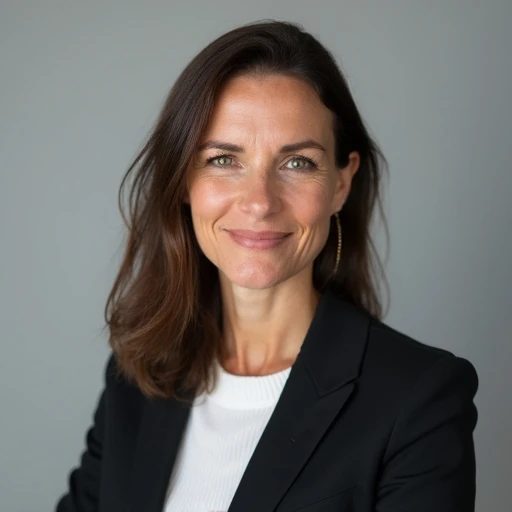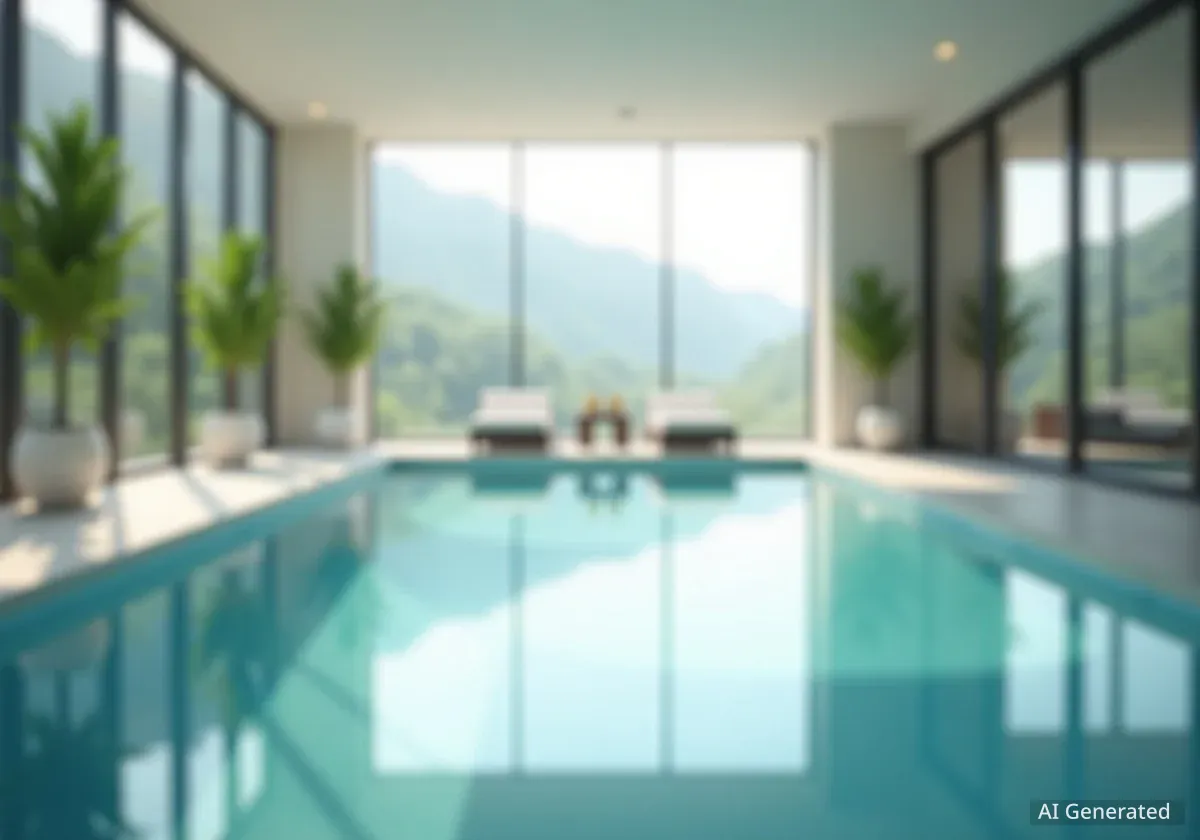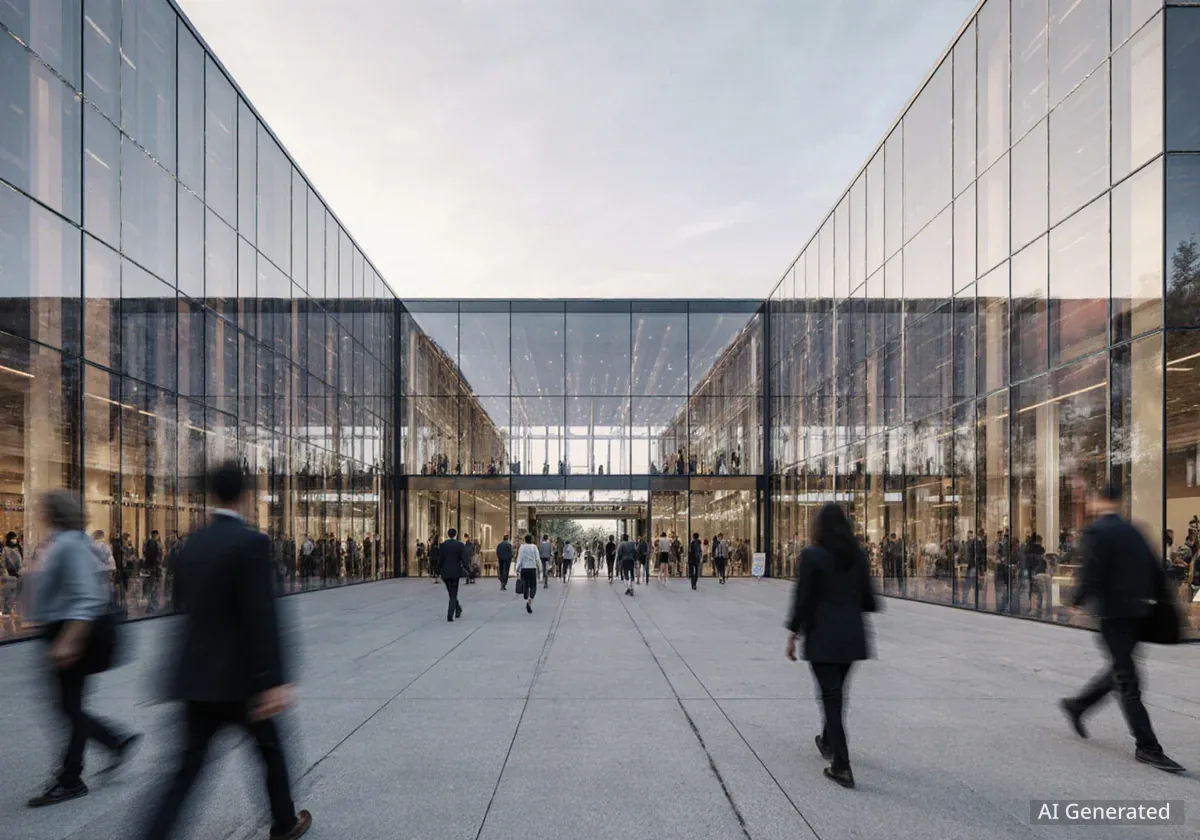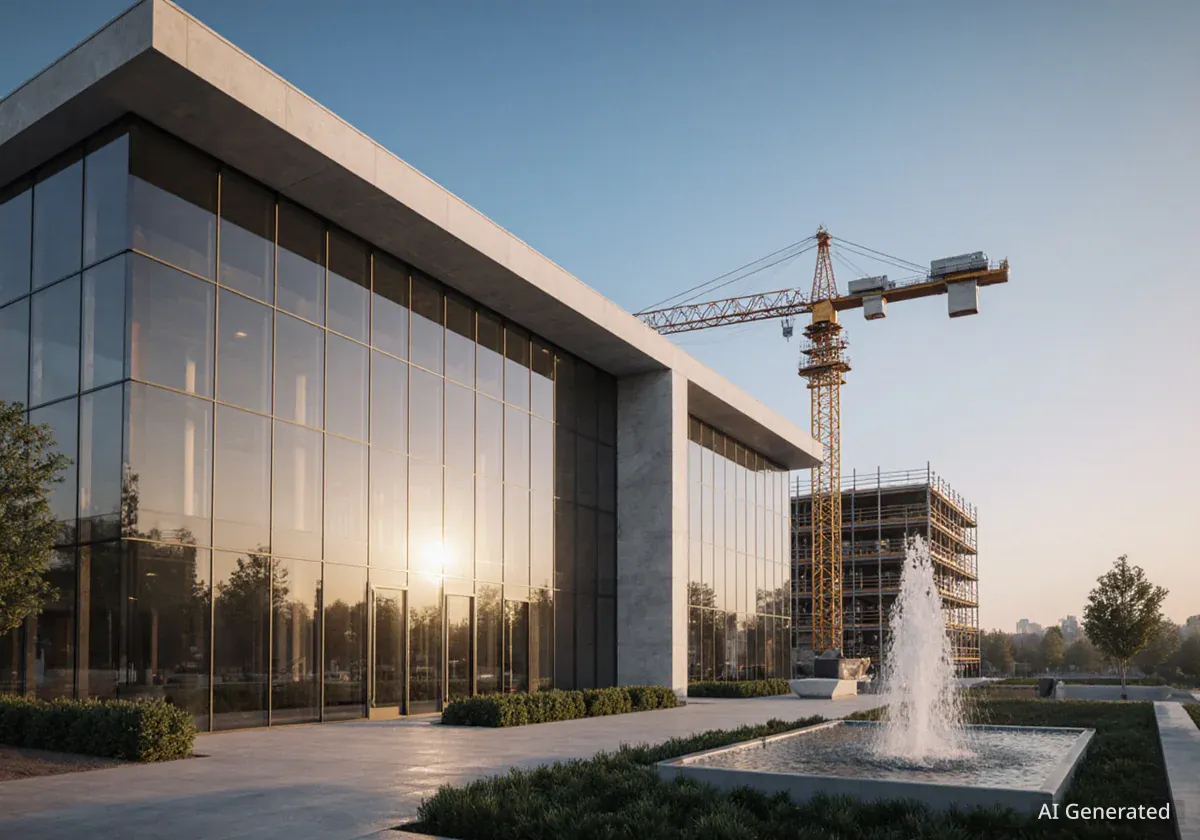David Lloyd Leisure Group has significantly expanded its presence in Spain by acquiring three established health and fitness clubs from Grupo Serrallo. This move is a key part of the company's broader strategy for growth across mainland Europe, increasing its total number of clubs in Spain to five.
The acquisition includes facilities in the major Spanish cities of Granada, Malaga, and Zaragoza. David Lloyd plans to invest substantially in upgrading these clubs to align them with the premium standards and extensive offerings of its brand, signaling a strong commitment to the Spanish wellness market.
Key Takeaways
- David Lloyd Leisure Group has acquired three health and fitness clubs in Spain from Grupo Serrallo.
- The newly acquired clubs are located in Granada, Malaga, and Zaragoza.
- This acquisition brings David Lloyd's total number of clubs in Spain to five.
- The company plans a significant investment program to refurbish and upgrade the new facilities.
- The expansion is backed by private equity firm TDR Capital and is part of a wider European growth strategy.
Strategic Expansion in the Spanish Market
David Lloyd Leisure Group has made a decisive move to strengthen its position in Spain. The acquisition of three clubs from Grupo Serrallo marks a significant step in the company's long-term growth plan. Previously, David Lloyd operated two clubs in the country: one in Aravaca, Madrid, and another in Gavà Mar, Barcelona.
The addition of clubs in Granada, Malaga, and Zaragoza provides David Lloyd with a strategic foothold in key regional hubs. These cities have robust economies and a growing demand for premium health and wellness services. According to company statements, the selection of these locations was based on their demographic profiles and the potential for market growth.
Russell Barnes, CEO of David Lloyd Leisure, commented on the expansion.
"We are delighted to announce the acquisition of these three established clubs in Spain. This move accelerates our expansion in this important European market and aligns with our strategy of acquiring high-quality facilities that we can enhance with the premium David Lloyd brand experience."
Details of the Acquired Clubs
The three clubs acquired from Grupo Serrallo are well-established within their respective communities. The facilities offer a range of services that provide a solid foundation for David Lloyd's planned upgrades. The locations are:
- Granada: A comprehensive club with existing fitness and wellness amenities.
- Malaga: Located in a key coastal city with a large expatriate and local population.
- Zaragoza: A facility in one of Spain's largest cities, serving a diverse urban demographic.
The transition of ownership will be followed by a phased investment program. David Lloyd has a proven track record of transforming acquired properties into state-of-the-art health and leisure destinations.
Who is David Lloyd Leisure?
Founded in 1982, David Lloyd Leisure is a leading health, sport, and leisure group in Europe. The company operates more than 130 clubs across the UK and mainland Europe, serving over 750,000 members. It is known for its family-oriented approach, offering a wide range of facilities including gyms, swimming pools, tennis courts, spas, and children's activities.
Investment and Upgrades Planned for New Facilities
A core component of the acquisition is David Lloyd's commitment to a multi-million-euro investment to upgrade the three Spanish clubs. The company plans to introduce its signature facilities and services, which are central to its premium brand identity.
The refurbishment plans are expected to include several key areas. The company will likely upgrade the gym floors with the latest fitness equipment, introduce dedicated group exercise studios for classes like Blaze and Rhythm, and enhance the spa and wellness areas. Improvements to swimming pools and racquet sports facilities are also anticipated.
Focus on Family-Friendly Offerings
A significant part of the planned investment will focus on family-oriented facilities. This includes developing dedicated children's activity areas, creating family-friendly café and restaurant spaces, and introducing structured coaching programs for children in sports like tennis and swimming.
This investment strategy reflects the company's model of creating comprehensive leisure destinations rather than just gyms. The goal is to provide a 'third space' for members and their families—a place between home and work where they can spend quality time focused on health and well-being.
Broader European Growth Strategy
The Spanish acquisitions are not an isolated event but part of a coordinated European expansion strategy. Backed by its majority owner, private equity firm TDR Capital, David Lloyd Leisure has been actively seeking growth opportunities across the continent.
The company has a presence in nine other European countries, including the Netherlands, Belgium, France, Italy, and Germany. The focus remains on acquiring existing clubs in strategic locations that can be rebranded and upgraded, as well as developing new-build sites where market conditions are favorable.
According to industry analysts, the health and wellness sector has shown remarkable resilience and growth potential following the pandemic. Consumers are placing a higher value on physical and mental well-being, driving demand for high-quality leisure facilities. David Lloyd's expansion capitalizes on this trend, leveraging its premium brand and extensive service offerings to attract new members.
Financial Backing and Future Outlook
The financial support from TDR Capital provides David Lloyd with the necessary capital to pursue its ambitious growth plans. This backing enables the company to make significant investments in both acquisitions and facility upgrades, ensuring that new clubs meet the high standards expected by its members.
Looking ahead, David Lloyd is expected to continue exploring opportunities in both existing and new European markets. The company's successful operating model, which combines fitness, wellness, and family leisure, positions it well for future growth. The integration of the three new Spanish clubs will be a key focus over the next 12 to 18 months, serving as a benchmark for further expansion in the region.





